What Happens During a Septic Tank Evaluation?
Septic tanks are crucial components of properties that don't have access to municipal sewage systems. Understanding what happens during a septic tank evaluation can help homeowners know the condition of their systems and prevent costly repairs. Regular evaluations ensure that the system functions smoothly, maintains health standards, and protects environmental resources.
Visual Inspection of the Septic Tank and Surroundings
Initially, a septic tank evaluation involves a comprehensive inspection of the tank and its surrounding areas. The inspector will visually assess the location of the tank and its integrity. They may look for signs of leaks or any weaknesses on the surface, which could be indicative of more substantial underlying issues. Ensuring that tree roots aren't breaching parts of the tank is also a vital element of the inspection process.
Pumping and Sludge Level Assessment
The next step involves pumping the tank to examine the sludge levels accurately. This allows the inspector to check both the bottom and top layers of the tank, ensuring that waste is breaking down effectively. By fully draining the tank, they can evaluate the inlet and outlet pipes to confirm they do not suffer from blockages or foul odors that might indicate septic issues.
Soil Absorption and Percolation Testing
A noteworthy aspect of the septic evaluation is the percolation test, which looks at how well the soil absorbs the liquid waste from the tank. If the soil is too saturated or compacted, it can lead to a malfunctioning septic system and possible groundwater contamination. Addressing these soil issues is imperative to maintaining a functioning septic system and protecting environmental health.
Checking the Baffles and Tees
Septic tanks need to be evaluated at least every three years, according to the Minnesota Pollution Control Agency (MPCA). During the evaluation, professionals will also check the baffles and tees to ensure that solids are efficiently prevented from entering the liquid drain field. This frequent assessment helps catch potential problems early, reducing the risks of sewage backups and extending the septic system's lifespan.
Comprehensive Reporting for Homeowners
The evaluation process concludes with a comprehensive report delivered to the homeowner. This report details the findings of the evaluation, highlighting areas of concern and recommending necessary actions. Understanding the report allows homeowners to address any issues promptly, ensuring the continued efficiency and safety of their septic system. Acting on these recommendations can prevent small problems from turning into significant damage.
Benefits of Regular Septic Maintenance
Regular septic maintenance goes hand-in-hand with evaluations. Tasks such as pumping the tank, inspecting the drain field, and keeping the tank free from harmful chemicals contribute to the longevity of the system. These practices reduce the likelihood of expensive repairs and environmental harm caused by untreated sewage.
Signs That Your Septic Tank Needs an Evaluation
Homeowners should be vigilant for signs that their septic system may need an evaluation sooner than the recommended schedule. Warning signs include slow drainage, unpleasant odors near the tank or drain field, and standing water around the tank. Addressing these indicators promptly can prevent more severe damage.
Environmental Impacts of Septic System Neglect
Neglecting septic system evaluations can have broader environmental consequences. Faulty septic systems can leach harmful contaminants into groundwater, posing risks to nearby water sources and ecosystems. Regular evaluations and maintenance protect not just the homeowner's property but also the surrounding environment.
Tips for Choosing a Reliable Septic Inspector
Selecting a qualified professional for your septic tank evaluation is crucial. Look for licensed and experienced inspectors who use modern equipment and provide detailed reports. Reading reviews, asking for recommendations, and verifying certifications can help you find a trusted expert.
The Cost Savings of Preventative Septic Maintenance
Investing in regular septic tank evaluations and maintenance can lead to significant cost savings over time. By identifying and addressing minor issues early, homeowners can avoid expensive emergency repairs or system replacements. Additionally, well-maintained systems operate more efficiently, reducing the likelihood of sewage backups or environmental damage that could result in costly fines. The upfront cost of regular inspections is small compared to the potential costs of neglecting your septic system, making it a wise investment for long-term financial health and peace of mind.
Regular septic tank evaluations are essential for maintaining a functional and safe system. These evaluations provide peace of mind, enabling homeowners to detect and resolve small issues before they escalate. By staying on top of the health of your septic system, you can ensure its longevity and protect both your property and the environment. Be sure to reach out to Bay State Sewage Disposal, Inc. Environmental Services Company today for more information on our professional residential septic pumping!

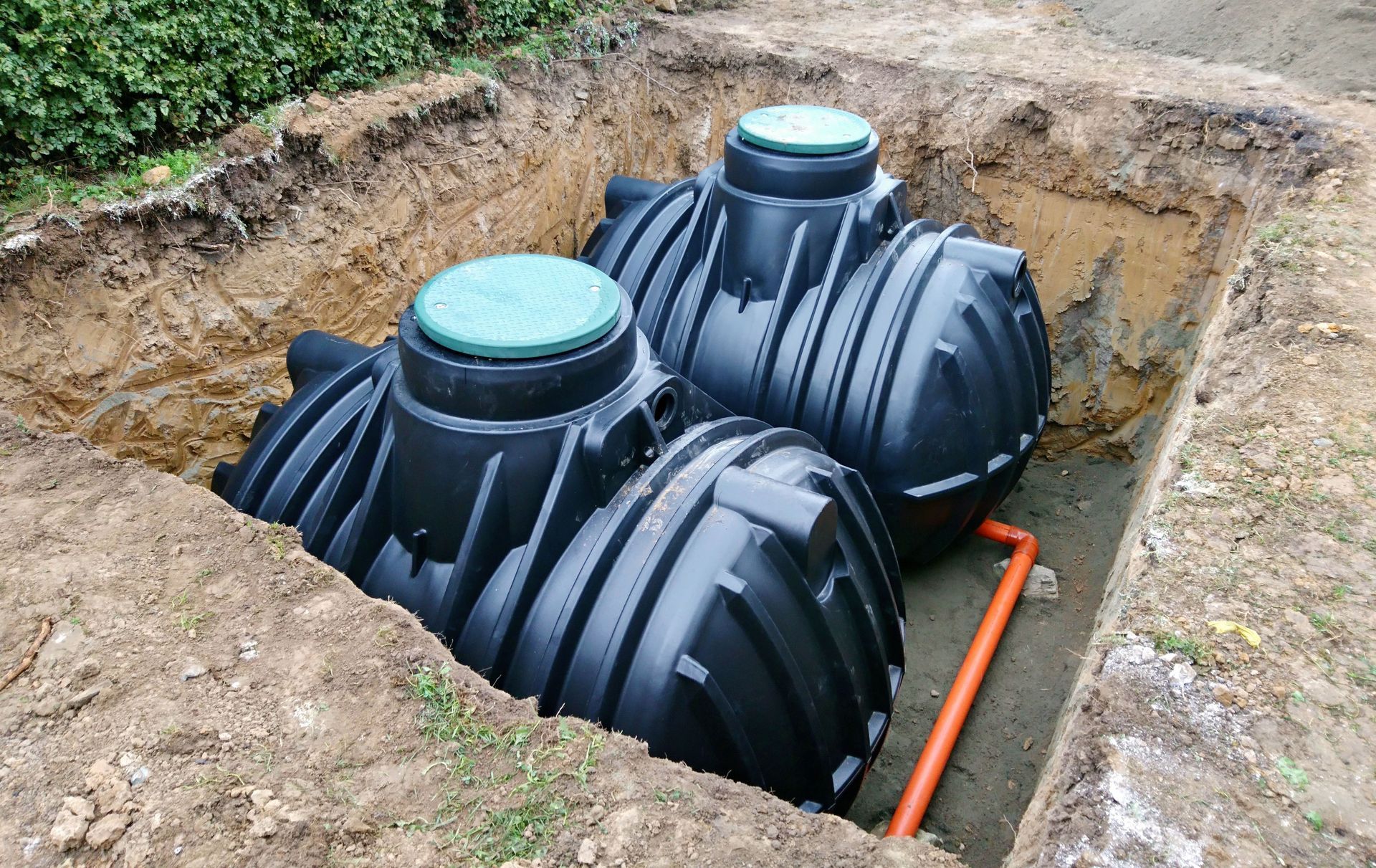
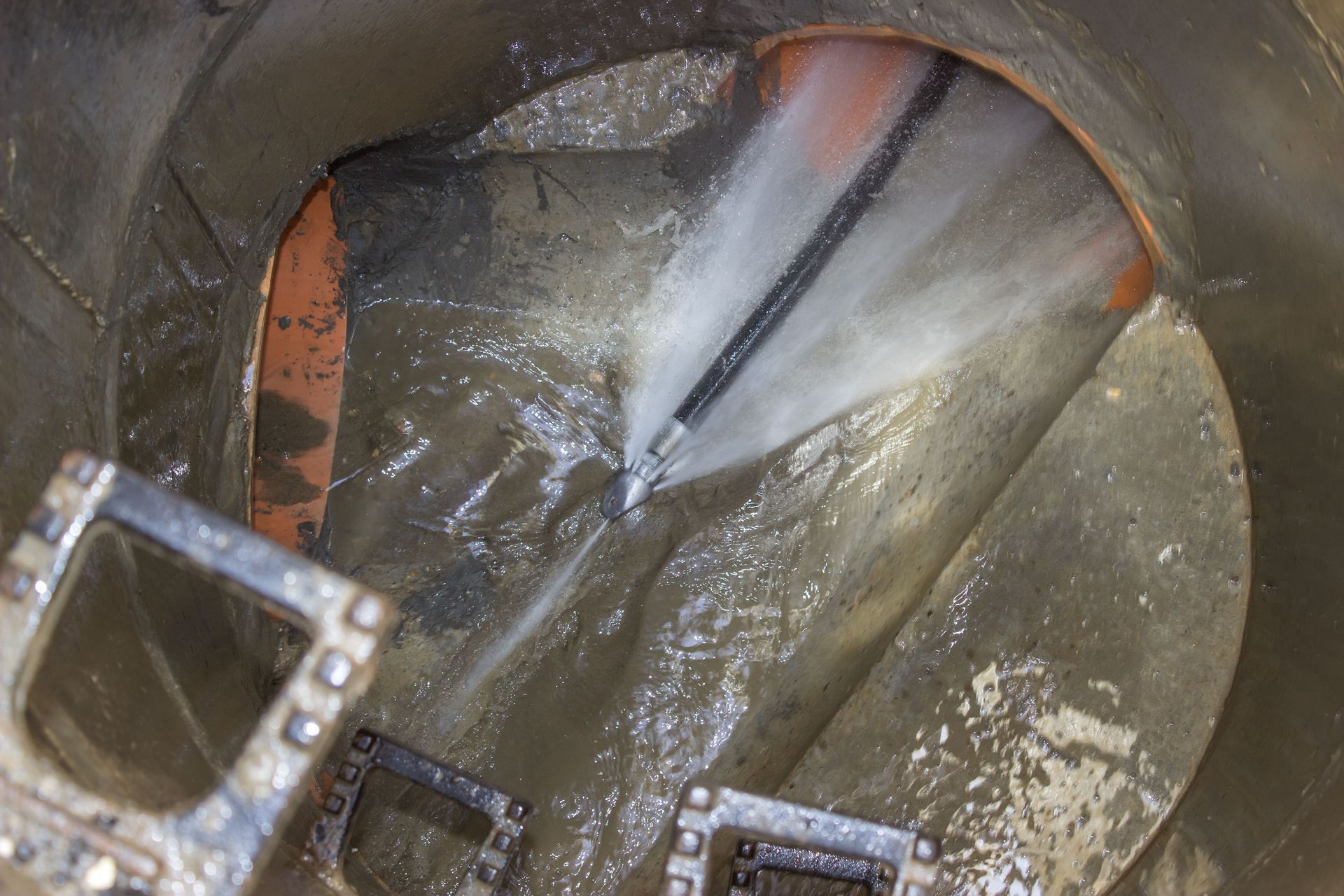
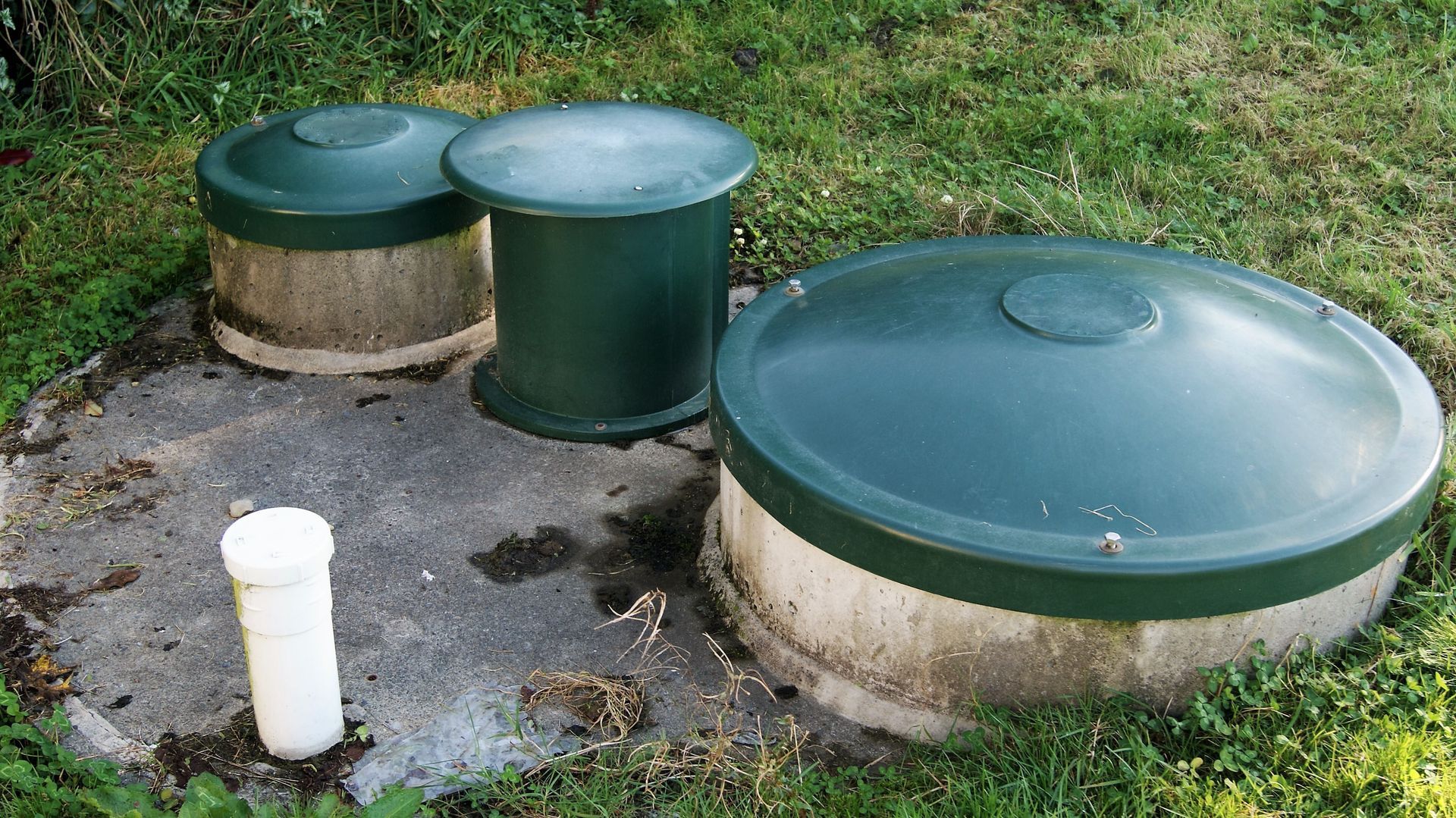

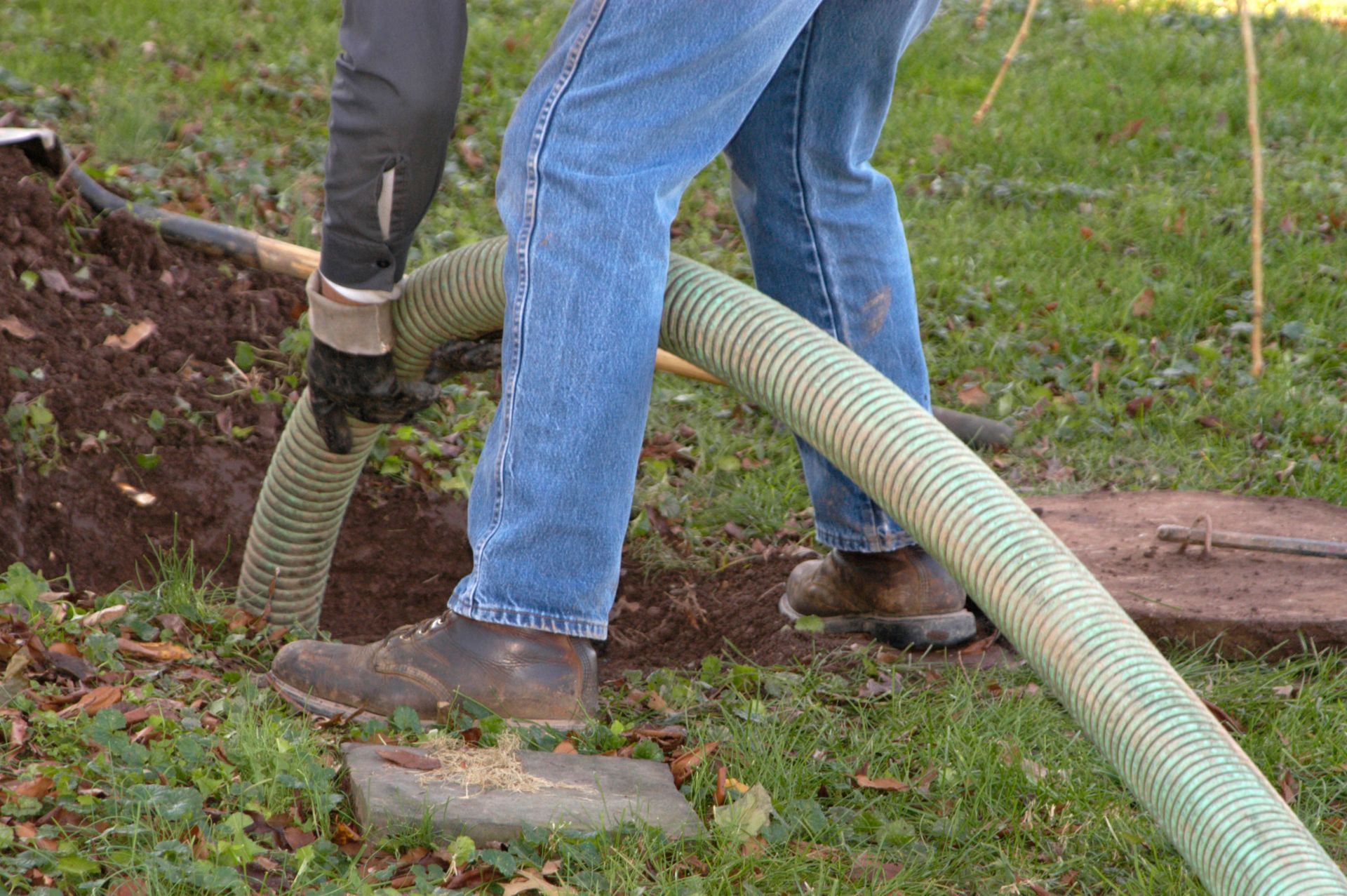
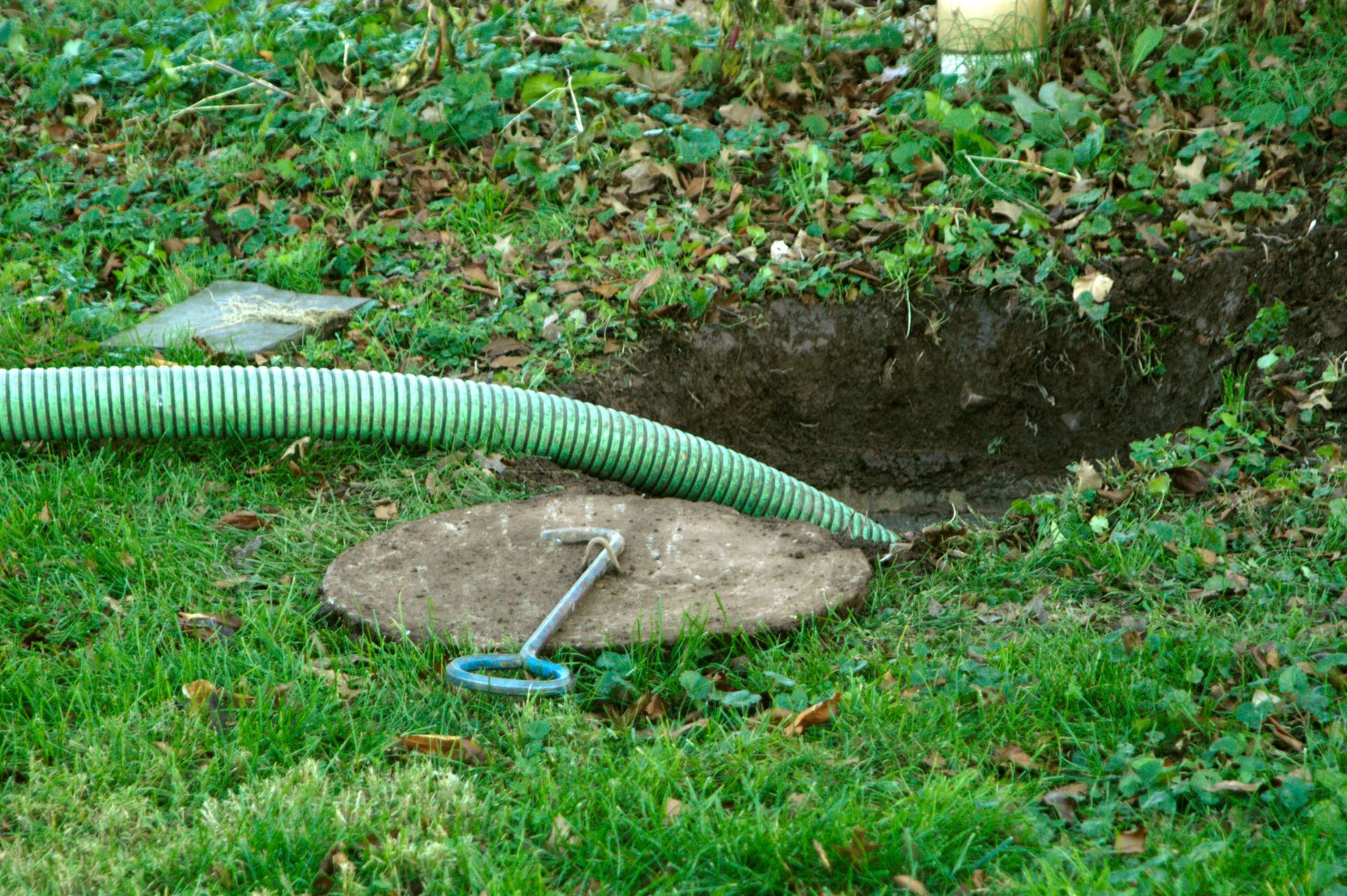
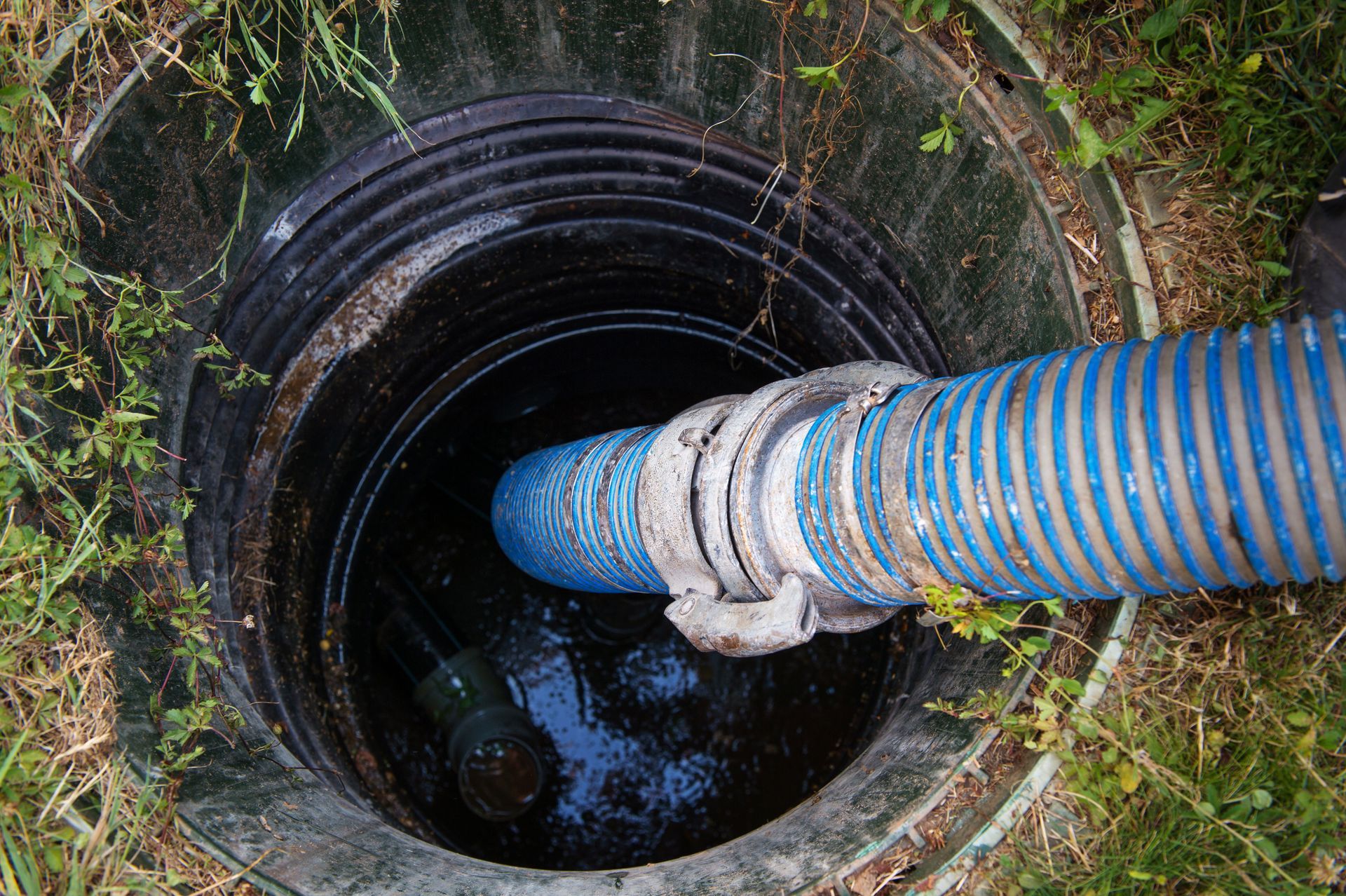
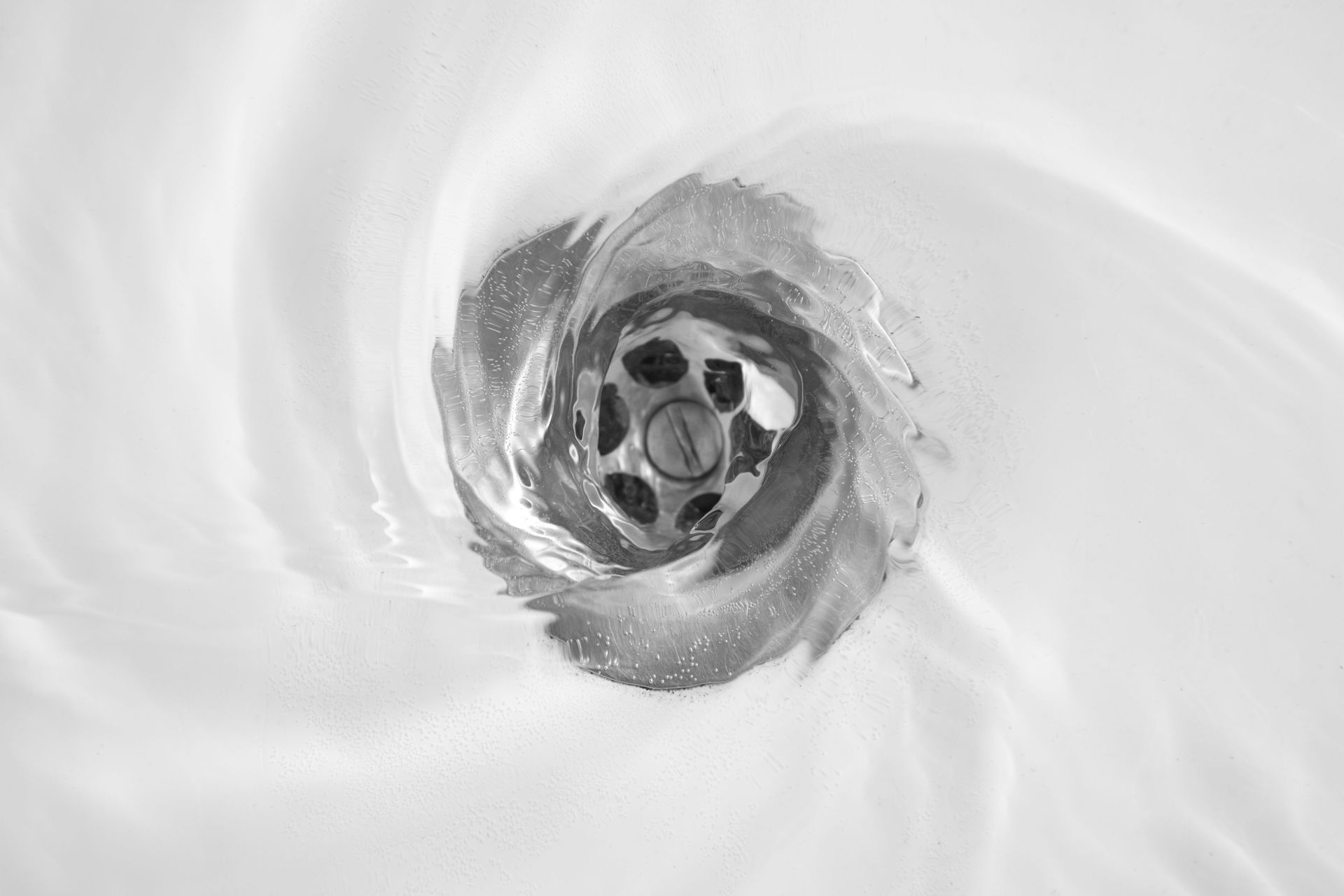
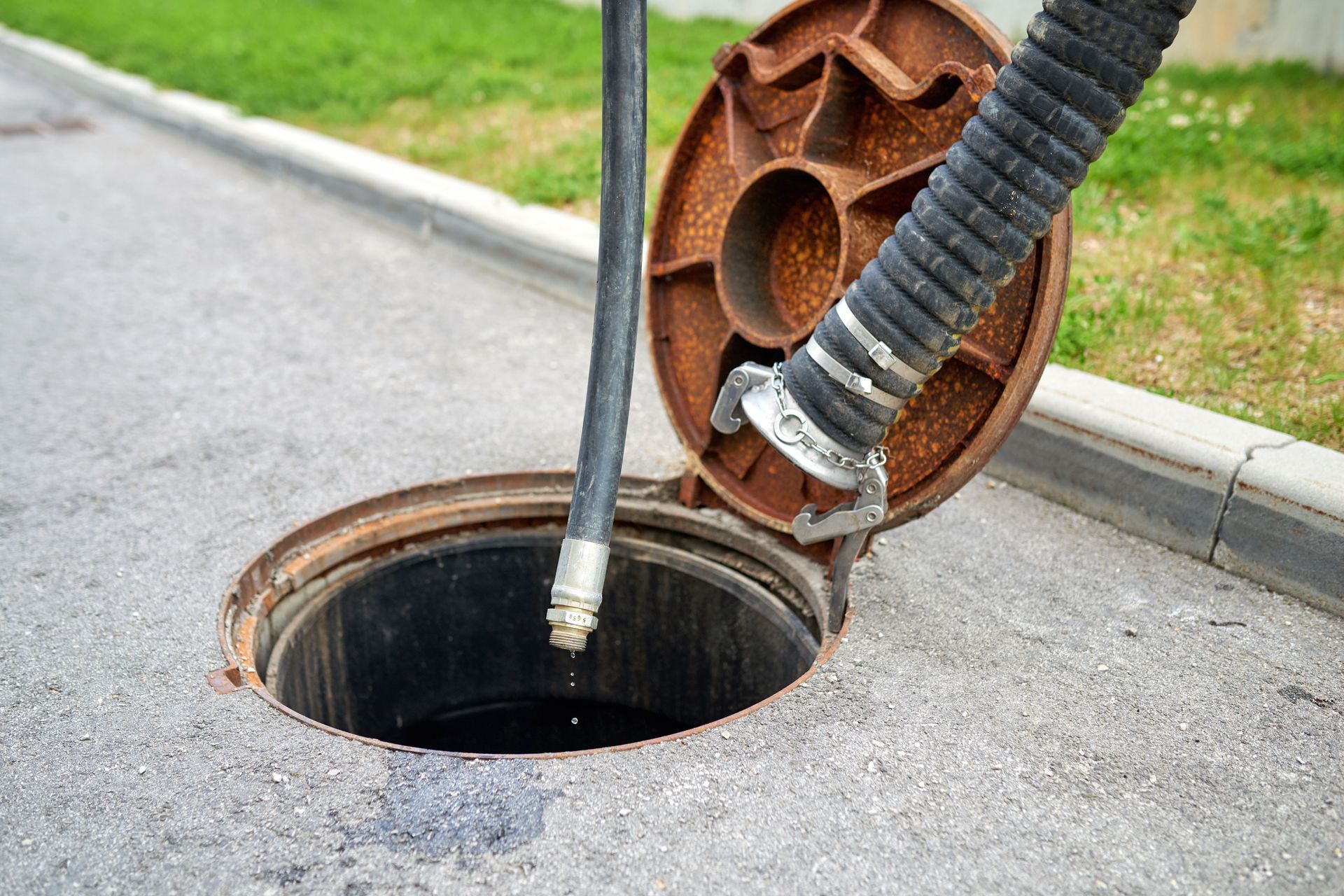
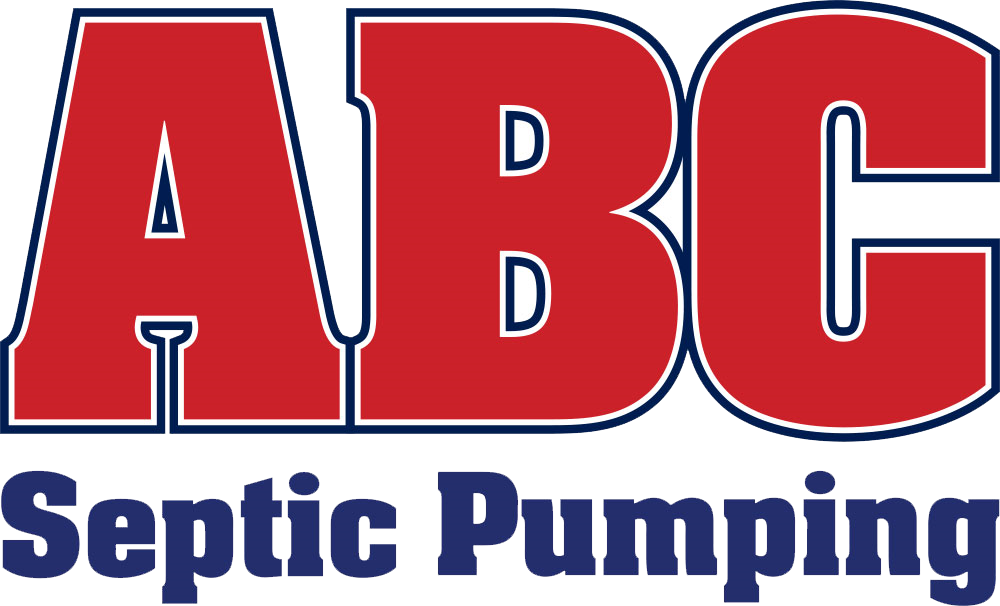

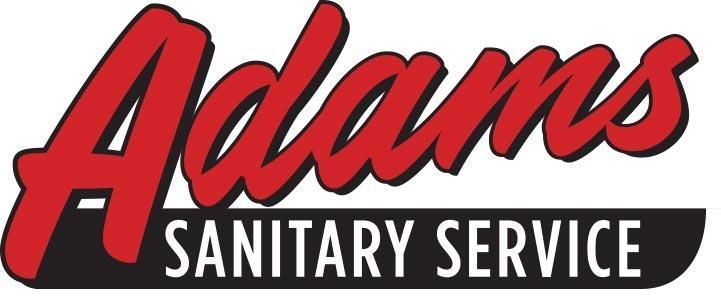







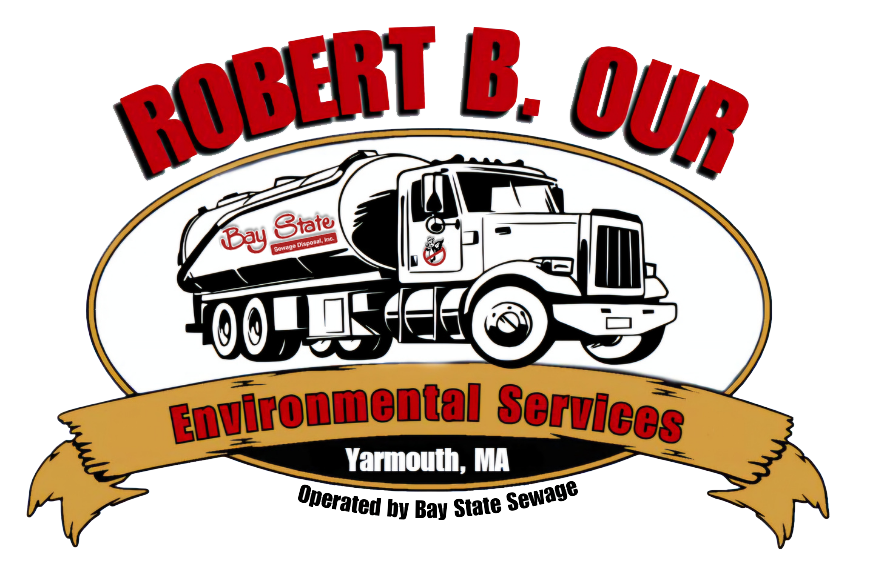

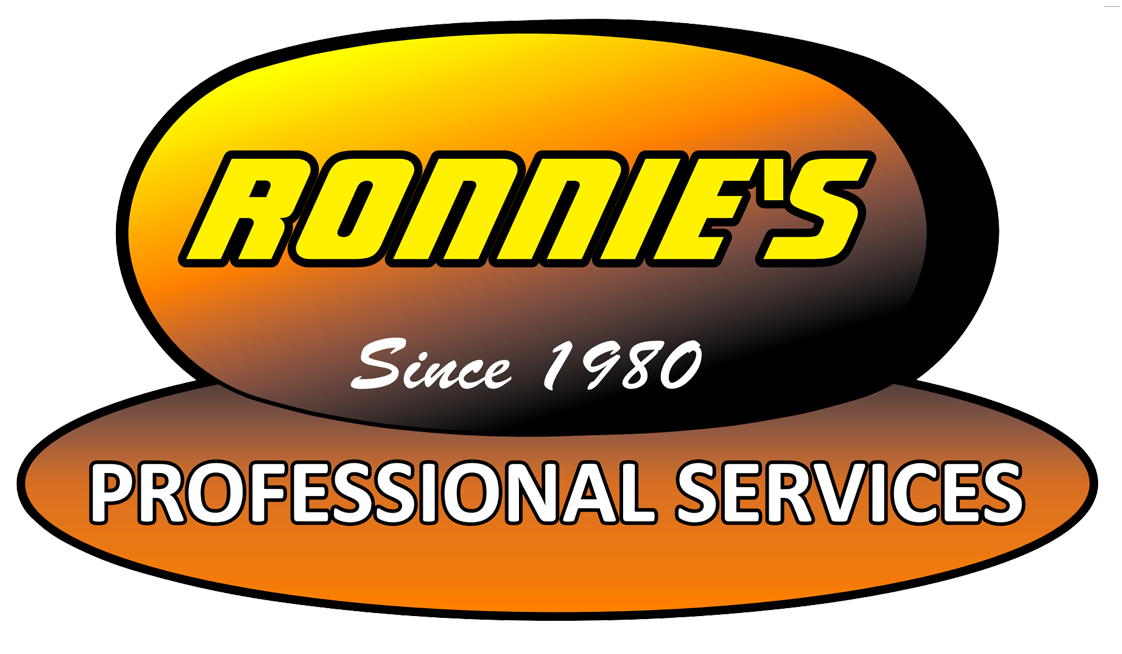
Share On: